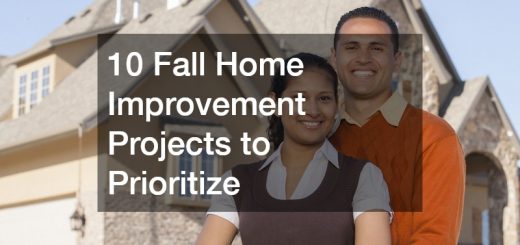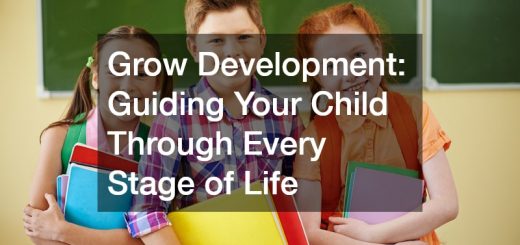Finding a Good Day School For Your Child


Everyone needs a good education to become a functioning adult, and of course nearly all parents are deeply invested in their children’s education. For this reason, when parents move to a new area or when their child becomes old enough for their education to begin, they can look online for a proper school for them. A day school is the staple method, but home schooling or boarding school may be an option for some families. Many British families, for example, are known for sending their kids to boarding schools. Meanwhile, why send your child to a day school? A good day school, whether the best preschools or the best middle schools or high schools in the area, offers a complete (and typically compulsory) education for the child. For parents who have options on their hands, they may wonder “why send your child to a day school?” when their child is old enough for that. They may search “why send your child to a day school” online if they’re not sure, or ask “why send your child to a day school” to trusted friends who are parents. Some parents choose the homeschooling or boarding school route, but day schools can do a lot of good. How to find one?
A Good Preschool
For parents of a young child, such as one who is three or four years old, finding a good preschool may be an appealing option. Although not compulsory, preschool can go a long way toward preparing one’s young son or daughter for their formal education. Parents may consult friends of family who have preschool-aged children of their own, or they may simply look online to find such a school, such as “good preschools Boston MA” or “private preschools near me San Diego CA”. This search may yield a list of nearby good schools, and the parents can start considering their options. Schools deemed too far away can be struck off the list, and the rest can be visited in person, with the child coming along. The parents can consult the staff there and evaluate the teachers’ experience and training, and also find out how much funding the school has and what special programs it might have. The child, meanwhile, won’t ask for the teachers’ credentials but will get an impression all the same. If the child is stressed or frightened at a school due to the teachers or premises, that school may be a poor choice, and the parents will probably take it off the list. Or, if the child is comfortable there and even look excited to attend, the school may be a strong candidate.
Other Schools
Meanwhile, older children who are aged six to 18 can more clearly articulate what they want in a new school, and whether a nearby school may be to their liking. When a family moves to a new neighborhood or city, for example, the parents may look for the right schools for their child, and here again, the prospective student may come along on trips to those schools to check them out. Now, the child will be old enough to have particular interests for a new school and explain why they may like or not like a nearby school, and this can be helpful. The student may want a school with a good soccer team, for example, or a school with a robust art program or marching band. The parents can also check the credentials and experience of the staff (good schools have experienced teachers) and the school’s funding as well. At a good school, the student will be comfortable and feel socially accepted there, and moderately challenged by the coursework. A stressed, bullied, or overwhelmed student may need a transfer.
Most American day schools are public, as in government-run and funded. Others are private, and they offer a high quality education in exchange for high tuition. Some parents can’t afford private school, rending this choice moot, but those who can may choose between that and public schools. Private schools, though expensive, tend to have more students go on to college, and their counselors spend a lot of time on college prep for students. Private schools may also have robust programs for sports or art.




